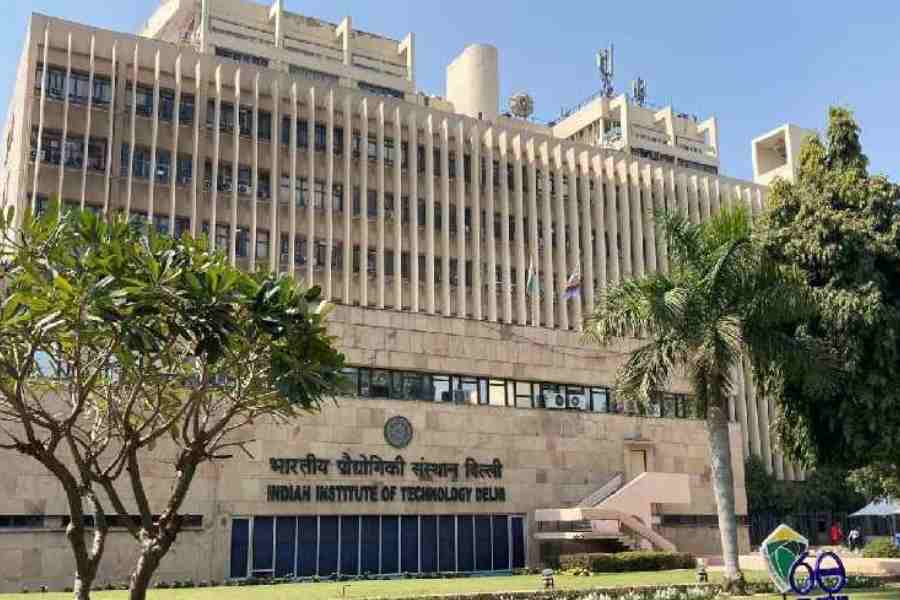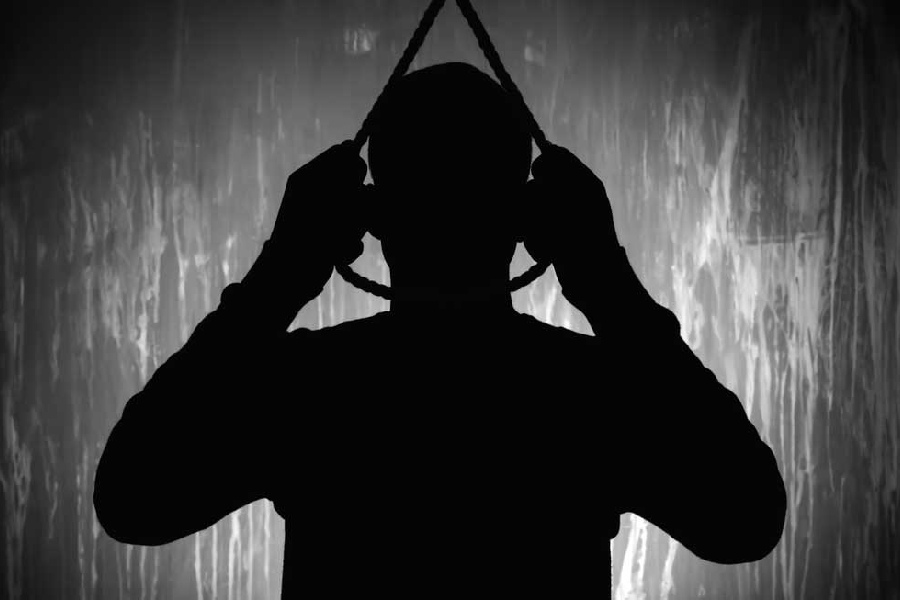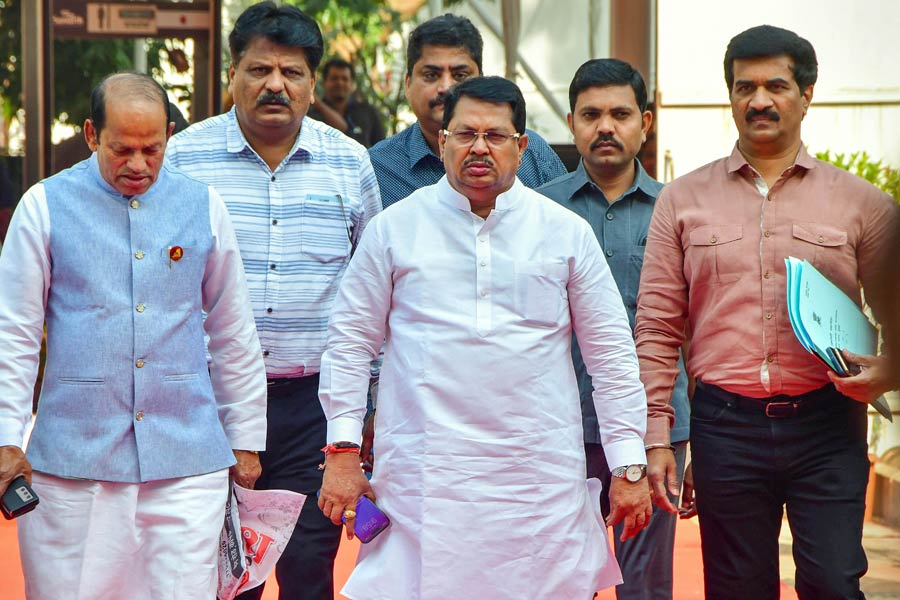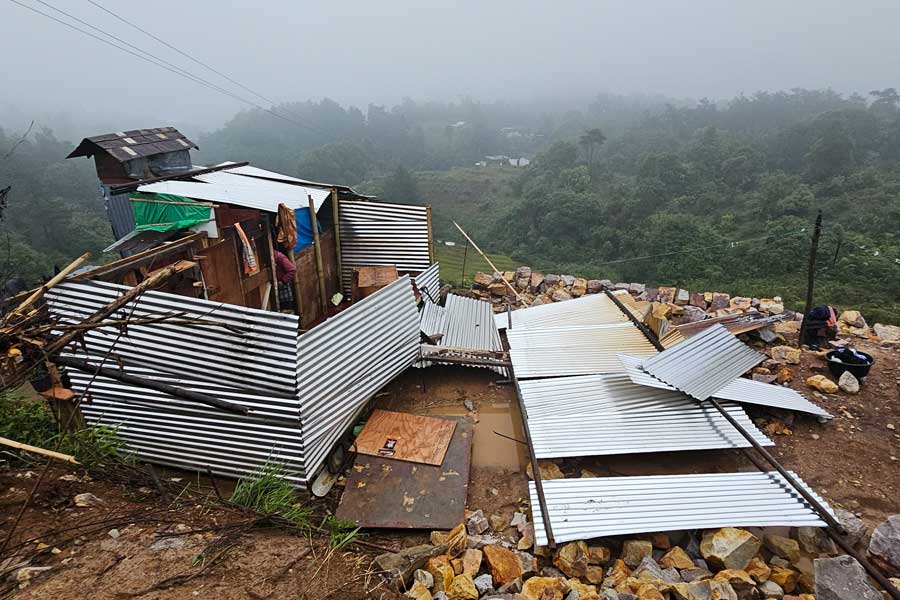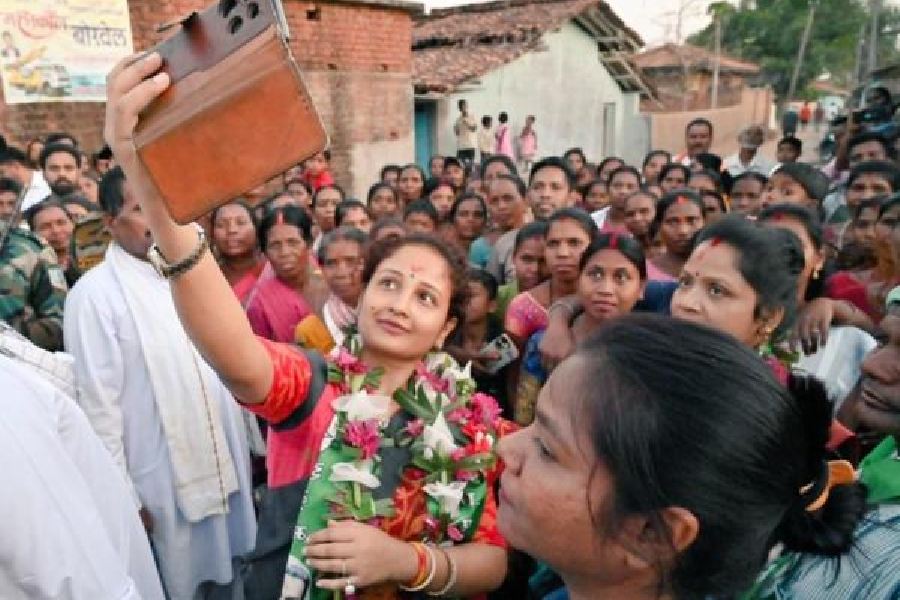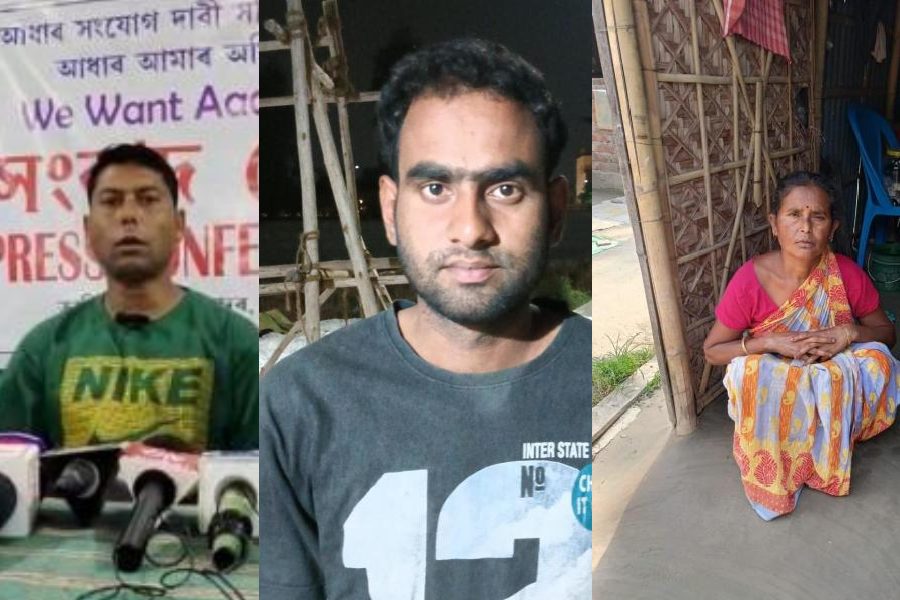Ambedkarite students at IIT Delhi have demanded an end to the culture among some teachers of “taking pride in failing students”, after two Dalit scholars committed suicide on the campus in two months.
The charter of demands, forwarded online to the institute director’s office by members of the Ambedkar Periyar Phule Study Circle on Sunday, also suggests that academic requirements be made flexible, if necessary, for the benefit of students from the underprivileged castes.
Anil Kumar, a BTech student, was found hanging in his room in the Vindhyachal Hostel on Friday. Police are yet to reveal the reason behind the suicide. Ayush Ashna, another Dalit student, had ended his life two months ago.
The students have demanded that all faculty members be sensitised to issues of caste discrimination and social justice.
If a student fails a course, he or she is awarded an F. The charter says that every F grade assigned to a student reflects a failure on the part of the faculty, who must be held accountable for students’ academic performances.
“Teaching practices of faculty, their attitude towards students with low grades, course withdrawal and pending course requirements must be regularly scrutinised. The culture of taking pride in failing students must stop,” the charter says.
“Course withdrawal” refers to shifting an underperforming student to a course different from the one they had been admitted to.
The students have demanded, without elaboration, that coursework be made more flexible. They also want the evaluation system to “move away from standardised tests and explore alternative modes of assessment”.
They have demanded that the academic requirements be relaxed for all Covid-affected batches.
The students want a review of the curriculum and teaching practices, which they say now punishes students whose English-language skills are poorer than their peers’.
“The administration must hold the concerned department and teachers responsible for their failure to engage with the specific needs of the students,” the charter says.
It asks the institute to revamp its anti-ragging guidelines, banning discrimination based on entrance test rank, caste and economic background.
“Asking someone their rank must constitute a form of ragging because ranks serve as (a) mode of ascertaining the students’ castes and forming social circle(s) on campus accordingly. Once students qualify for IIT Delhi, their ranks should not be part of any academic or non-academic discussion,” it says.
It asks the institute to help struggling students by pairing them with senior mentors from the early stages.
The students have also highlighted the poor implementation of the reservation policy in faculty recruitment.
Fourteen departments, including the mathematics department, have not a single Scheduled Caste or Scheduled Tribe teacher, they have said.
A PhD scholar at IIT Bombay said that all the IITs were flouting the quota policy in teacher appointments. Currently, more than 90 per cent of faculty members in all the IITs together are from the forward castes despite 49.5 per cent of the posts being reserved for the SCs, STs and OBCs.
The share of Dalit and tribal teachers is less than five per cent although these communities together have 22.5 per cent reservation, the scholar said.
“Even though thousands of candidates (from disadvantaged castes) with the required qualifications applied during the mission mode recruitment drive for faculty posts, the IITs did not fill the posts,” he said.
“This lack of diversity among the faculty members is affecting the lives of students from disadvantaged communities.”

